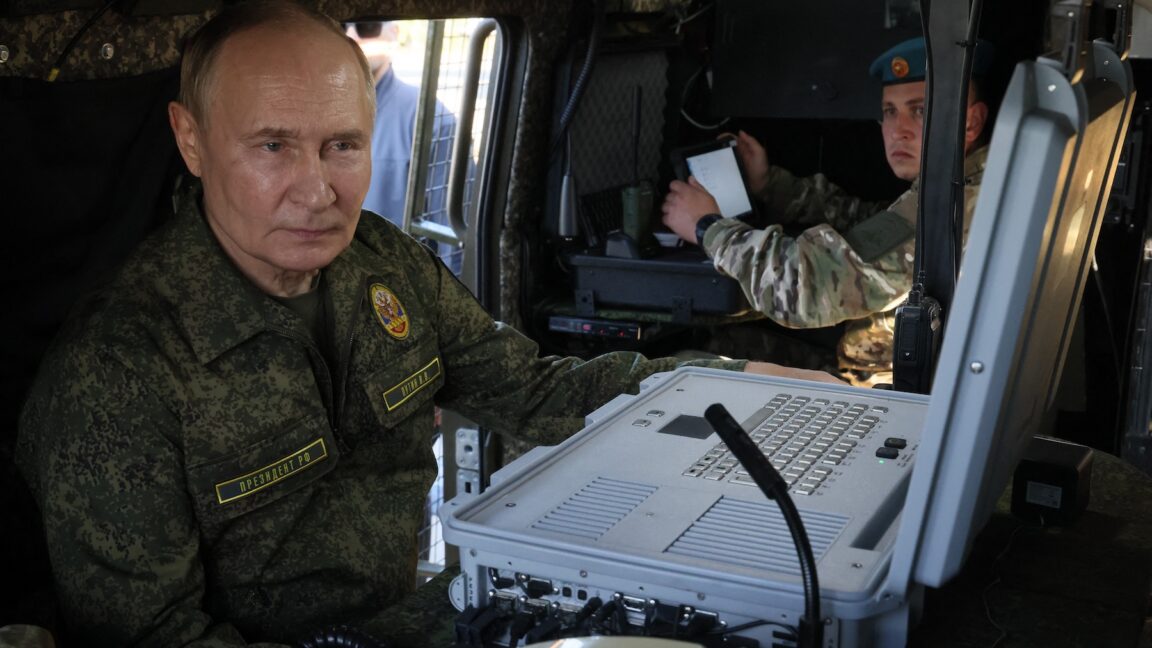Germany Seeks to Bolster Space Security Amid Growing Concerns from Russia and China
As the global landscape shifts towards increased militarization in space, Germany’s defense minister, Boris Pistorius, has sounded the alarm, warning that his country must invest heavily in space security to counter threats from Russia and China. The stakes are high as these two nations have rapidly expanded their capacity for space warfare, making it imperative for Germany to take a more proactive approach.
Russia and China’s Dominance in Space
Pistorius stressed that controlling the high ground is often a military imperative, stating, "Russia and China already occupy important strategic hills and mountains in space—a threat we can no longer ignore." He emphasized that satellite networks are now the Achilles heel of modern societies, highlighting the devastating consequences of attacks on these vital infrastructure. "Anyone who attacks them can paralyze entire countries," Pistorius warned.
Germany’s defense minister pointed to the alarming trend of Russia and China expanding their presence in space, noting, "They can jam, blind, manipulate, or kinetically destroy satellites." This statement comes as no surprise given the recent developments in Russia’s military arsenal. The country has been increasingly vocal about its ambitions to dominate the high ground, with officials hinting at plans to deploy an orbital laser cannon capable of blasting enemy satellites.
The stakes are even higher when considering China’s growing space program. Beijing has invested heavily in developing advanced anti-satellite missiles and has demonstrated a clear intent to challenge the United States’ dominance in space. China’s efforts have been further complicated by Russia’s willingness to collaborate on joint ventures, raising concerns about potential coordinated attacks.
Germany’s Plan for Space Security
In response to these growing threats, Pistorius announced that Germany is ready to assume more responsibility for defense and deterrence in space. The country plans to invest 35 billion euros ($40.8 billion) in space security through 2030, with a focus on developing its own capabilities. Key areas of investment include:
- Satellite constellations: Pistorius emphasized the need for a robust satellite network capable of providing early warning, reconnaissance, and communications.
- Ground stations: Germany will invest in building advanced ground stations to support its space program and enable secure communication with satellites.
- Secure launch capabilities: The country aims to develop a reliable and efficient launch system, reducing reliance on foreign providers like the United States.
- Improved cybersecurity measures: As satellite networks become increasingly vulnerable, Pistorius acknowledged the need for enhanced cybersecurity measures to protect against attacks.
- Radars and telescopes: Germany will invest in advanced radar and telescope systems to track orbital traffic, enabling better monitoring of potential threats.
Germany’s shift towards a more assertive space policy marks a significant departure from its previous reliance on foreign partners. Pistorius emphasized that his country seeks to become a strong pillar within NATO, complementing European Union programs while enhancing its own capabilities.
European Space Program: A Unified Approach
Pistorius’ announcement comes as Europe’s space community grapples with the challenges of developing a unified program. Germany and France have recently agreed to cooperate on a satellite-based missile warning network, reducing reliance on the United States. This joint effort underscores the need for European nations to pool their resources and expertise in addressing common threats.
The European Union’s planned IRIS² constellation aims to create a smaller, independent version of SpaceX’s Starlink network. However, Germany has expressed concerns about the program’s expected cost, suggesting that the country may opt for a national constellation instead.
Russian Eavesdropping Satellites: A Growing Concern
Pistorius specifically highlighted Russia’s reconnaissance satellites as a growing concern for Germany. The two Luch/Olymp satellites have been tracking German military communications satellites, raising concerns about potential eavesdropping and espionage. Analysts believe these satellites are likely meant to validate a concept of operations for future orbital attacks or even carry an electronic attack satellite-jamming payload.
The United States has also raised similar concerns about Russia’s Luch/Olymp satellites, with officials warning that they pose a significant threat to national security. This development highlights the escalating tensions between Russia and Western nations in space.
A New Era of Space Warfare
As Pistorius’ statement demonstrates, the era of space warfare is upon us. The consequences of attacks on satellite networks are severe, and nations must now prioritize space security as never before. Germany’s shift towards a more assertive approach marks an important turning point in this new era of space competition.
The stakes are high, but one thing is clear: only through cooperation and collective effort can we hope to safeguard the future of space exploration and maintain peace among nations.

